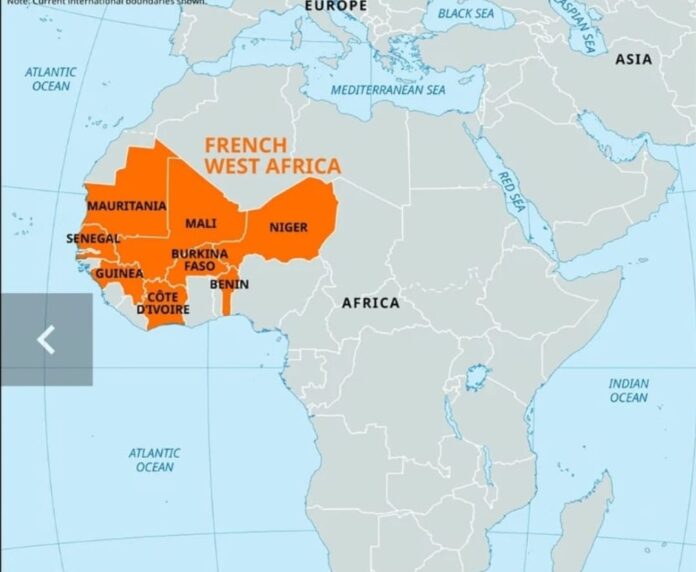The military coup in Mali and subsequent decision by Bamako to sever security ties with France have posed a threat to French efforts in combating Sahel and North Africa-originated jihadism.
Niger become a crucial regional country for France since the military coup in Mali. As a result, France deployed around 4,500 troops in the northern part of Mali under Operation Barkhane. However, with the severing of security relations, this contingent was compelled to leave Mali.
A similar scenario unfolded in Burkina Faso in February, where the Burkinabe army announced the termination of cooperation with French troops operating in the country as part of Operation Sabre.
Consequently, France decided to shift its operations to Niger in an attempt to combat the growing presence of jihadist groups in the Sahel region, including al-Qaeda affiliated groups, African Islamic State factions, and Boko Haram. Now, France is facing a similar problem with Niger.
The Presidential Guard has overthrown the government in Niger and is demanding an end to French influence. Another turn of invents, the military in Gabon replaced the government forcefully and arrested the leader and his sons.
France’s relationship with its former colonies in West Africa is crumbling. Despite the historical ties between France and these countries, challenges and tensions have emerged in the post-colonial era.
A key issue revolves around the perception of neocolonialism or continued French influence in these countries. Critics argue that France still retains significant control over the political, economic, and military affairs of its former colonies, which some view as limiting their sovereignty and independence.
Moreover, instances of political instability, military coups, and governance challenges have been observed in some of these countries. France has at times been accused of supporting or sustaining authoritarian regimes in order to protect its interests, leading to criticism from local populations and civil society groups.
In recent years, there have been calls for greater autonomy and self-determination from these countries, as well as demands for more equitable economic partnerships and fairer trade relations. Some argue that France should move away from a patron-client relationship with its former colonies and focus on fostering mutually beneficial cooperation based on equality and respect.
The situations in Mali, Burkina Faso, Niger, and Gabon are complex and have different factors at play. While it is true that some recent developments, including military coups, have led to a shift away from French influence in these countries, it is important to consider a variety of factors that contribute to these trends.
Mali, Burkina Faso, Niger, and Gabon were all former French colonies. There has been a long and complicated history between these countries and France, including the effects of colonization and post-independence relationships. Some factions may perceive the influence of France as a legacy of colonialism and seek to distance themselves.
Economic disparities between these countries and France may also contribute to the desire to become less dependent on French influence. Some may feel that their economies have not been able to reach their full potential due to imbalances in trade relations or perceived unequal economic partnerships.
The desire for political autonomy and sovereignty is another factor. Military coups and political instability in these countries may have led some factions to view the influence of foreign powers, including France, as detrimental to their ability to chart their own political course.
There might be a broader trend of diversifying international partnerships and reducing reliance on a single country or power. This could be driven by the desire to have more options for trade, investment, and diplomatic relations.
Regional dynamics and interactions between these countries can also influence their relationships with France. Regional organizations such as the Economic Community of West African States (ECOWAS) and the African Union (AU) play an important role in shaping regional priorities and dynamics.
It is worth noting that relationships with France can undergo changes as political, economic, and social dynamics evolve. However, it is evident that the new governments in West Africa are determined to rid themselves of French influence.
Whether or not France acknowledges these signals is another matter, but it is clear that the current status quo cannot be sustained indefinitely.
Mohamed Mohamoud Adde is an academic and a political Analyst specialising in offering expert analysis, insight and recommendations on Political developments.
(His goal is to aid stakeholders in making informed decisions and comprehending the complex dynamics of political systems.)


